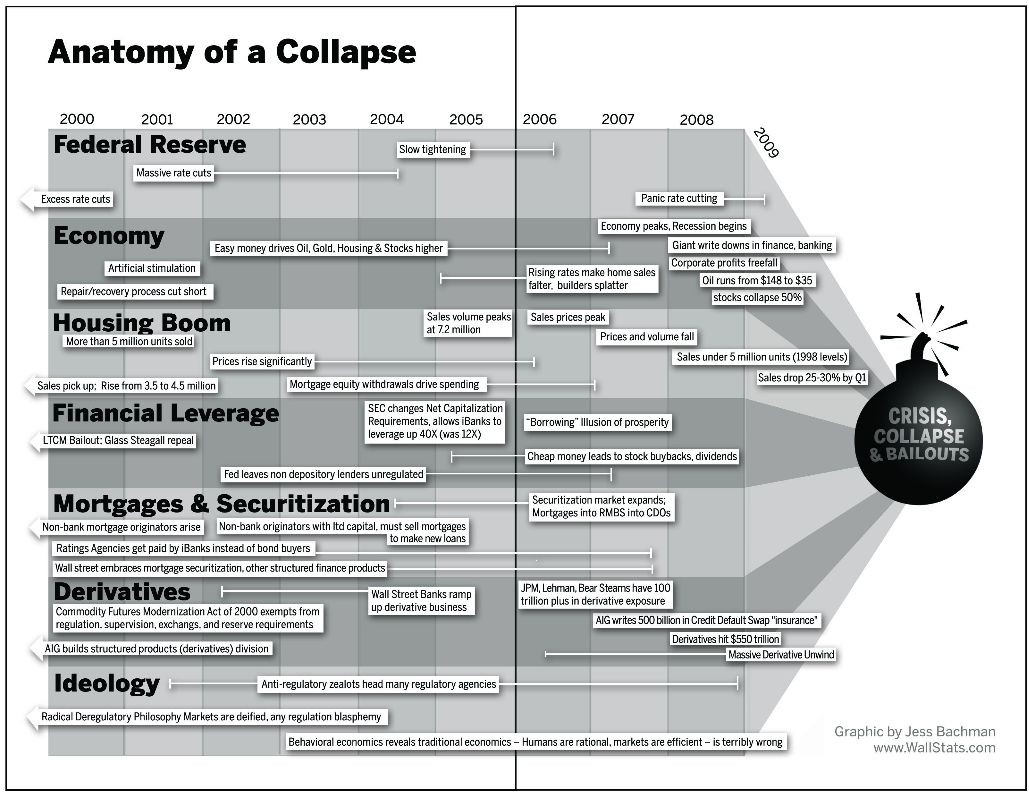The article also shows up here on the smartmoney website.
In finance lingo, he is saying that a college degree is a negative net present value project. At first blush it looks like he has a point. The first page of the article gives the example of two individuals. One starts work and the other goes to college and assumes a college loan. Mr Hough goes on to show that at retirement, the college grad will have about 1/3 of the wealth in his retirement account as his non-college going buddy.
Mr Hough then goes into a rather unfocussed rant explaining the reason for this - that basically professors are useless and we don't teach anything of value....
I smelled a rat.
Unfortunately the math in the example is completely wrong. The example assumes that both put aside 5% of their income to either retirement or paying down loans.
At age 22 the non-college guy will have a net pay of 16055 (assuming income growth and his 5% retirement payment).
The college guy on the other hand has a net pay of 22,329 after he has paid 5% of his salary to his loan (Mr Hough's assumption).
The example completely ignores the difference in their net pay, i.e. $22,329 - $16,055 = $6,274. It is implicitly assumed that college guy just spends this. But if he lived on the same net pay as the non-college guy, you can show that he'd pay of his loan in 3 years and retire with $3.4M (about 2.5 times as much as the non-college guy).
Now, in fairness to Mr Hough, he does note that:
I'm comparing only savings, not living standards.
Bill will presumably be able to afford nicer things than Ernie along the way.
But this is precisely the point! You have to look at total earnings, not just some arbitrary percentage of earnings. The difference in the two living standards is likely to be massive.
In my analysis, I assumed that this would all be invested by the college grad, but we could just assume that he'd invest enough to retire at an equal level with his non-college pal, and then enjoy the rest during his life.
I'm tempted to take a look at some ofMr Hough's other pontifications , but I need to do some real work. Maybe another day :)
In the meantime, Mr Hough really should brush up on his basic time value of money. That way maybe he won't give out as much bad advice.
